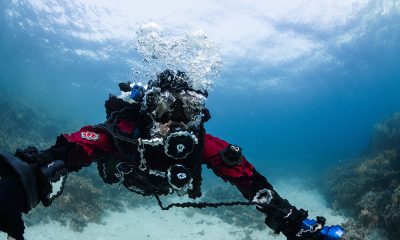

The "Hitchhikers Guide to The Galaxy" summarized it neatly: Don’t Panic! For good reason: taken together panic/anxiety/stress have been ranked as one the top three risk...
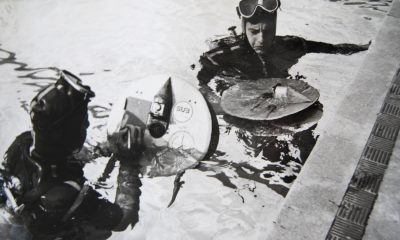

Dr. Alessandro Marroni and his team are preparing to test their real-time diver monitoring system that has been more than 50 years in the making. Called...
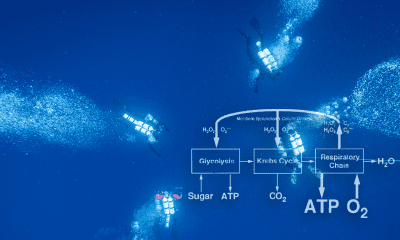

Today, community practices limit oxygen exposures to a PO2 of 1.2-1.4 bar for the working phase of the dive and 1.4-1.6 bar for decompression depending on...
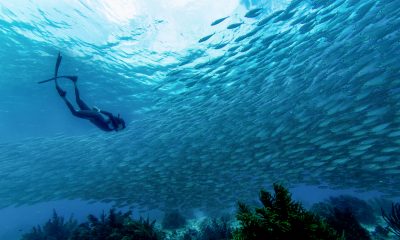

Freediving instructor trainer and coach Ted Harty discusses the ear injury that most scuba and freedivers have likely suffered and didn’t even know what to call...
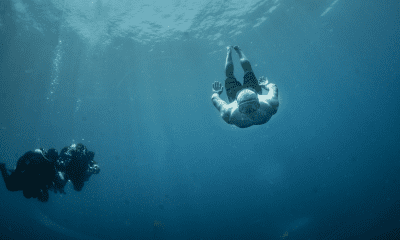

Compared to Frenzel equalization used by freedivers, Valsalva equalization can be hard on the ears and eustachian tubes, and could cause problems for tech divers with...
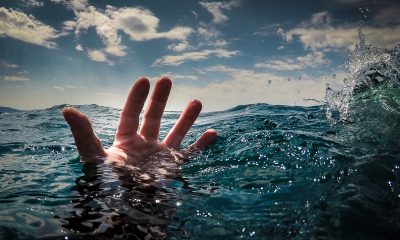

Globally, nearly 40 people die from drowning every hour of every day, and though seldom the trigger, it is the number one cause of diver fatalities....
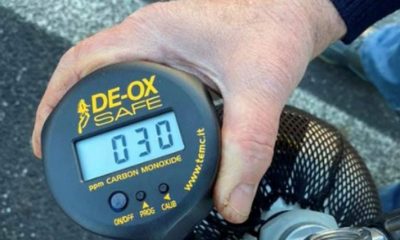

Gas analysis means more than simply ferreting out the fractions of oxygen and helium in your breathing mix, particularly in remote areas. Temc De-Ox CEO Eugenio...
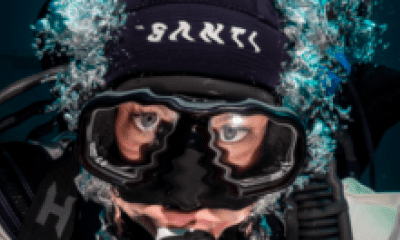

If you’re diving beyond 150 m/490 ft you’re likely to experience the effects of High Pressure Nervous Syndrome (HPNS). Here InDepth’s science geek Reilly Fogarty discusses...
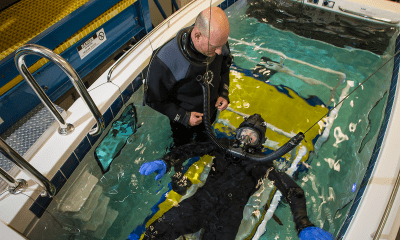

Active thermal heating systems will keep you warm in cold water and improve diver safety, but can they also increase your risk of getting bent? Our...
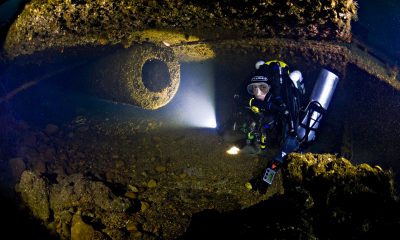

With divers soon returning to the loop, the Rebreather Training Council (RTC) is currently considering a number of initiatives to improve rebreather diving safety. One of...